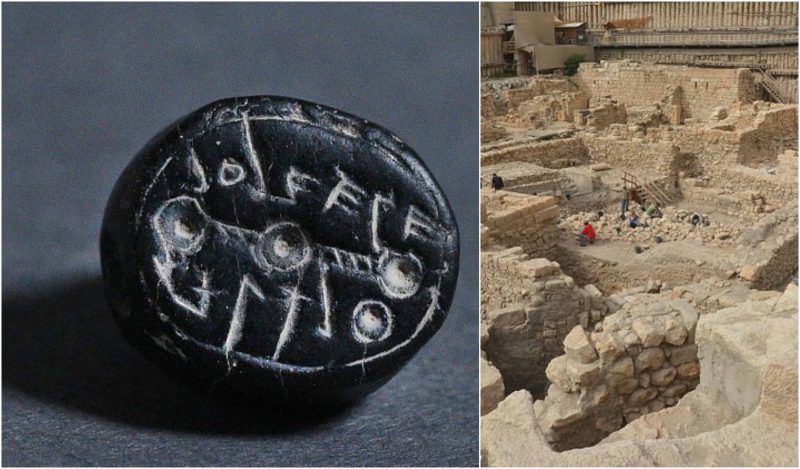Over the centuries, women have fought for their right to freedom of speech, their right to be treated equally, and even their right to vote. It does not take a historian to know that women have overcome some major hassles throughout the years. Woman were considered second-class citizens for the longest time. Their only jobs were to care for their husbands and take care of the household.
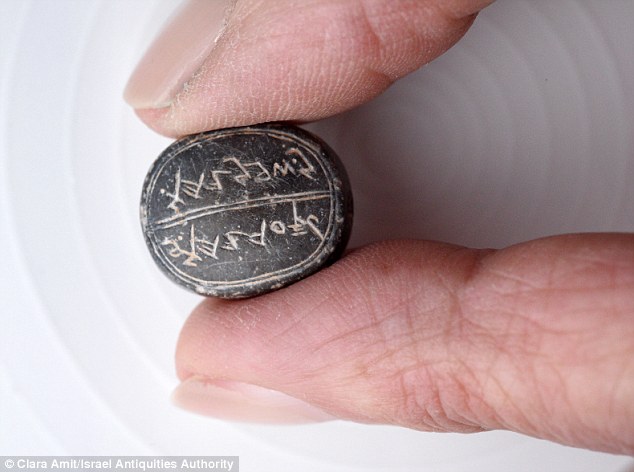
Just recently, a small seal that had been made from stone was unearthed in a parking lot in Jerusalem. It is giving archaeologists and historians the new idea that not all women who lived in ancient Israel were subordinated in the male-dominant society.
The seal dates back nearly 2,500 years and contains the name Elihana bat Gael, otherwise known as Elihana, daughter of Gael. The Hebrew letters were inscribed on the stone. It is believed that the seal would have been set into a ring and would have been used for signing documents. This gives historians the idea that the owner would have had a legal status which allowed her to conduct business and own property. Archaeologists call this discovery an extremely rare one because men were usually dominant.
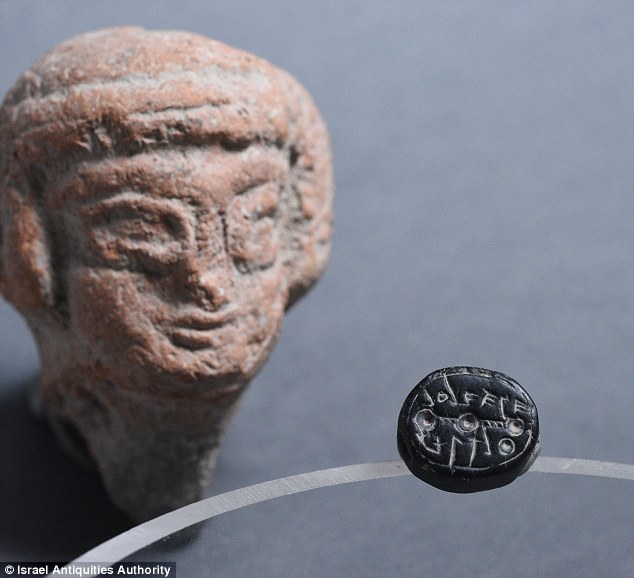
Dr. Haggai Misgav, from the Hebrew University of Jerusalem, said that there aren’t many clues who Elihana was, but she had power. He also said that the name doesn’t appear in the Bible, but there is no other information about her. However, the fact she had a seal means she was held in high status.
Seals that belonged to women represent only a small portion of those that have been discovered. This is due to the fact that women held an inferior economic status.
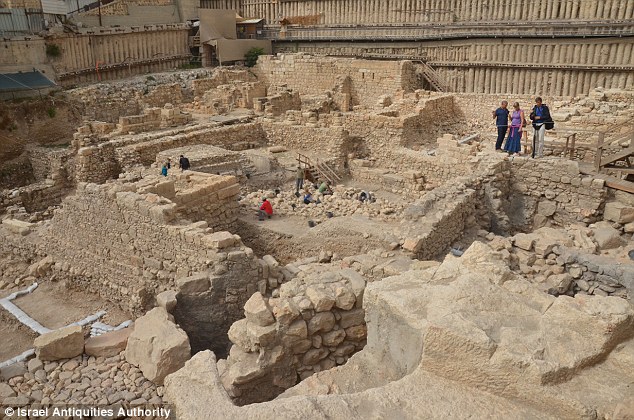
This seal was found during excavations at the Giv’ati parking lot at the City of David in the Jerusalem Walls National Park. It had been found alongside another seal that belonged to a man named Sa’aryau ben Shabenyahu and a figurine of a woman that symbolizes fertility.
The artifacts are believed to date to the First Temple period, which is described in the Bible as being when King Solomon built the Holy Temple on Temple Mount in Jerusalem. They had been found inside a structure that was built from ashlars, or cut stone masonry, which indicates it was used as an administrative center.
Jewish society at the time was one of the most highly male-orientated in history. The Book of Proverbs describes the ideal wife as being responsible and tending to the needs of her husband. It goes into depth stating that she must do these things while her husband tends to the public and legal affairs of the city.
However, Misgav believes that seeing a woman’s name on a seal suggests that she, and perhaps other women, played a greater role in society than many people believed. Sadly, archaeologists don’t have enough information about the law in Judah during this period. What is interesting, however, is that the script on the seal is similar to the script seen on other seals from the ancient kingdom of Ammon. These people were considered rivals of the Israelites and lived in what is now modern-day Jordan.
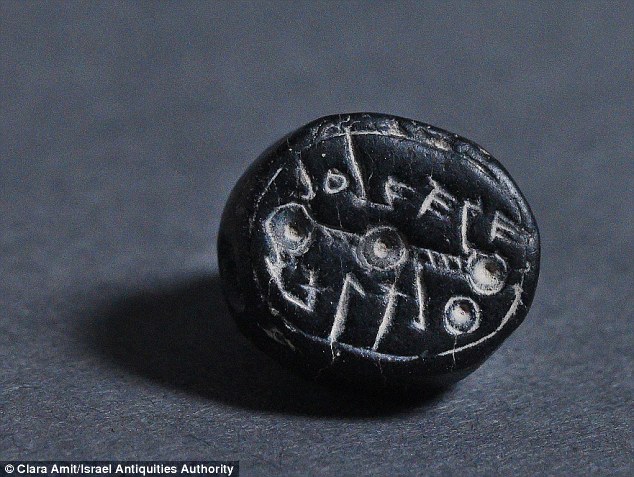
The name Eliha is known from a different Ammonite seal and is the feminine form of the name Eli, which does appear in the Bible. Misgav explained that this could show the foreign origin of the artisan who carved the seal knows the original of Elihana. The name on the second seal appears on a sherd from Arad.
Archaeologists working with the Israel Antiquities Authority began digging at the parking lot nearly nine years ago. Excavation directors Dr. Doron Ben-Ami, Yana Tcekhanovets, and Salome Cohen said that finding the seals that have these names from the First Temple is hardly a common occurrence, but finding a seal that belonged to a woman is even rarer.
